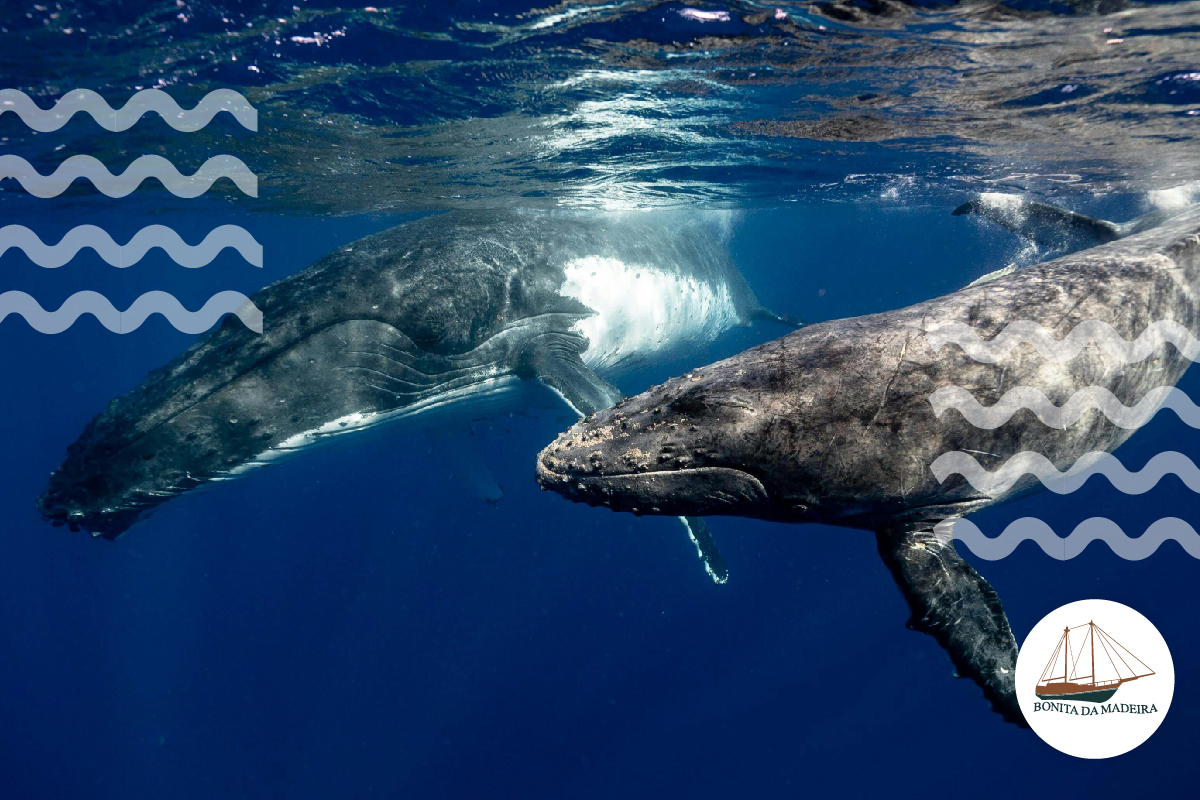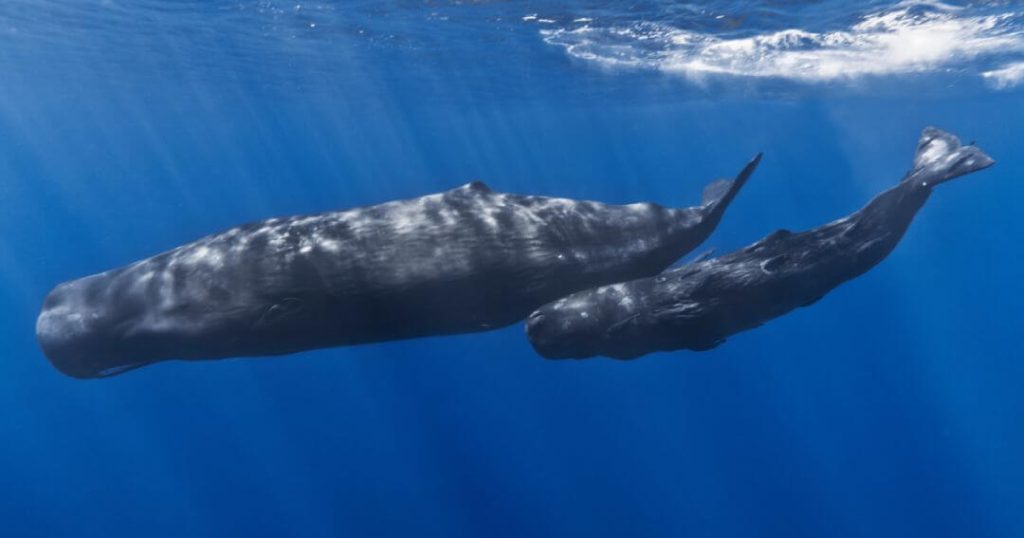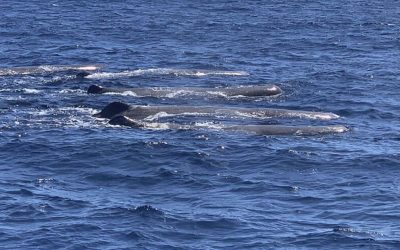Whales are more than just majestic creatures; they play a critical role in maintaining healthy marine ecosystems. Here are five key reasons why whales are important to the ecosystem:
Why are whales important to the ecosystem?
1. Nutrient Recycling: The Whale Pump
Whales significantly impact nutrient distribution in the ocean through a process known as the “whale pump”. As they feed in the depths and surface to excrete waste, they bring essential nutrients such as nitrogen and iron to the upper layers of the ocean. These nutrients fuel the growth of phytoplankton, microscopic plants that form the foundation of the marine food web.
Phytoplankton not only provides food for countless marine species but also absorbs large amounts of carbon dioxide, producing over half of the world’s oxygen. In this way, whales indirectly support both marine life and the planet’s atmosphere.
2. Regulating Marine Populations
As both predators and prey, whales maintain balance within marine ecosystems. By feeding on species like krill and small fish, they prevent overpopulation that could deplete resources for other creatures. At the same time, they are a vital food source for predators like orcas. Even after death, whales continue to support life. When their massive carcasses sink to the ocean floor, they create “whale falls” that become rich habits for deep-sea organisms, sustaining entire ecosystems for decades.
3. Carbon Sequestration
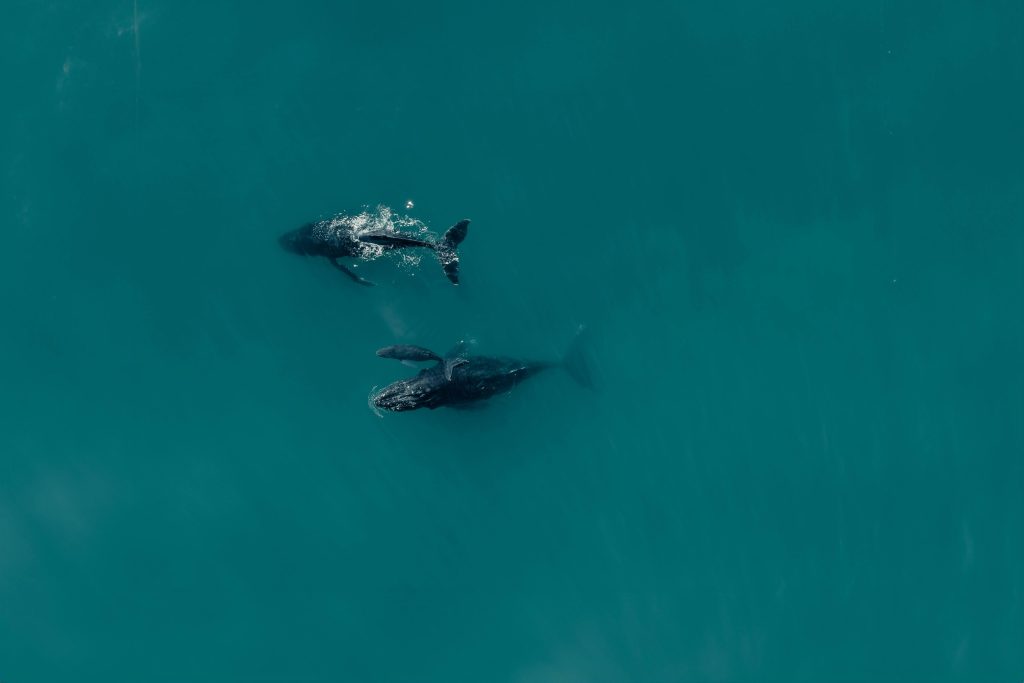

Furthermore, by promoting phytoplankton growth through their nutrient cycling, whales enhance the ocean’s ability to absorb and store even more carbon dioxide. Protecting whale populations is thus a natural and effective way to combat global warming.
4. Boosting Biodiversity
Whales are often referred to as “ecosystem engineers” because their presence enhances biodiversity. For example, the krill and fish that feed on phytoplankton flourish in areas frequented by whales. Whale feeding behaviours also stir up nutrients from the seabed, enriching habitats for countless species. In regions where whales thrive, ecosystems tend to be more robust and resilient, supporting a wide variety of marine life, from tiny microorganisms to large predators.
5. Cultural and Economic Value
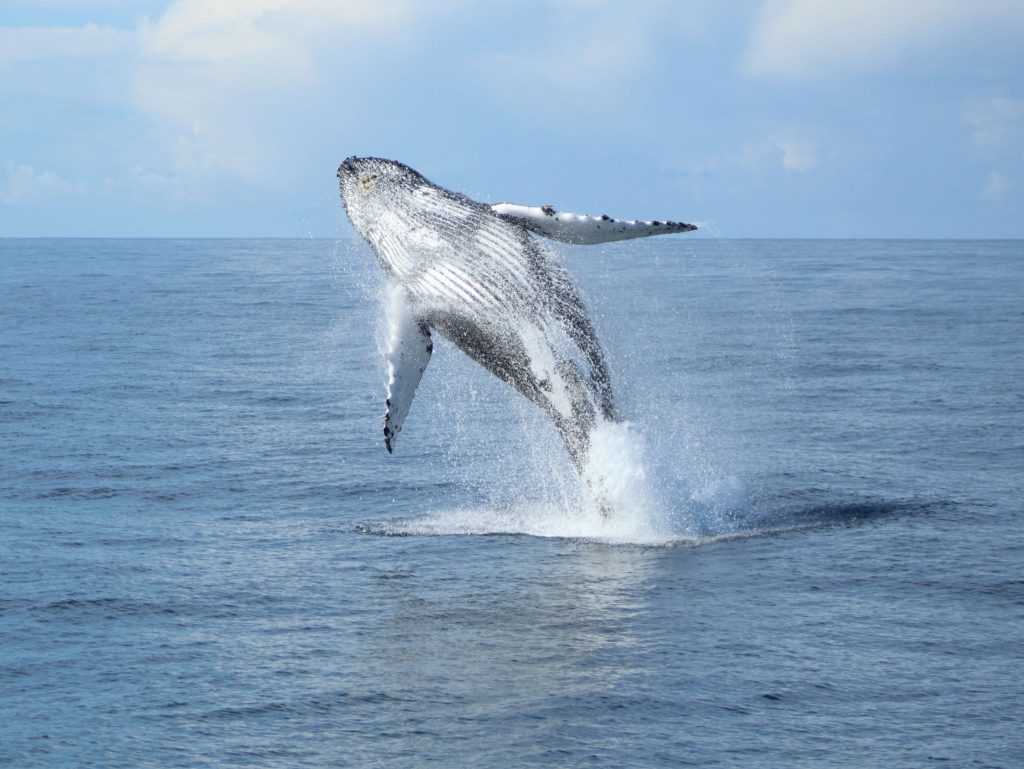

Whales inspire awe and curiosity, making them symbols of marine conservation. Whale watching is a thriving industry, attracting millions of tourists and generating revenue for coastal communities. This eco-tourism not only boosts local economies but also raises global awareness about the importance of protecting marine life.
Additionally, whales have deep cultural significance for many indigenous communities, reinforcing the need to preserve their populations as part of cultural heritage.
Where to See These Majestic Animals
Whale watching is a thrilling activity available in various coastal destinations worldwide. Popular locations for boat tours include the Azores, Hawaii, Iceland or Madeira Island. In these regions, boat tours offer a chance to see different species, including Humpback, Blue and Sperm whales. Many tours are led by experienced guides who provide fascinating insights into the behaviour and migration patterns of these majestic creatures.
Whether you’re on a traditional boat or a more adventurous rib boat, whale watching is an unforgettable experience.
Why are Whales Important to the Ecosystem: The conclusion
In conclusion, understanding why whales are important to the ecosystem reveals their essential role as guardians of the ocean’s health. From supporting biodiversity and regulating food chains to mitigating climate change, whales contribute to the balance and vitality of marine environments. By protecting whales, we protect the ecosystems they sustain and the planet they help to preserve for future generations.

